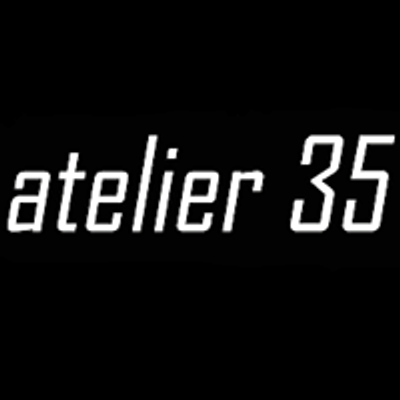
Advertisement
Atelier 35 in collaboration with Galeria Posibilă is thrilled to announce the solo show of Gwen, ‘Solitaire' opening at Atelier 35 on November 22nd, 7PM-10PM🦇What distinguishes logic from magic, and how might we define these concepts? Confronted with the sheer volume of information it contains, many individuals often seek solace in the supernatural and the occult, thereby bypassing the necessity of comprehensive understanding. There are instances when individuals choose to forego their information processing in favor of an unquestioning belief in the magical. What causes this shift in perspective, and to what extent has magical thinking influenced contemporary thought? Which themes present in the contemporary era have their origins in historical traditions?
"Solitaire" is designed to examine these issues and provide insight into historical contexts in which magic was a prominent phenomenon. From this foundation, we aim to evaluate and understand how the occult aligns with contemporary views on life. The exhibition is structured around three principal themes, which draw inspiration from the symbolism of the obelisk. The initial theme of the exhibition examines the myth of Narcissus, a pervasive motif in the history of art, with a particular emphasis on Caravaggio's interpretation of it. The second theme investigates the figure of Ophelia, whose connection to water aligns with the show's central elements. "Solitaire" offers a reinterpretation of the ordinary, wherein the obelisk is elevated to a symbol that bridges the realms of myth and reality. Gwen draws inspiration from enduring narratives such as the myth of Narcissus and the tragic story of Ophelia, infusing the show with a sense of medieval wonder and Gothic horror. This enchanting space encourages the public to consider the ever-lasting influence of history and fantasy on everyday life. The obelisk is the exhibition's main protagonist, symbolizing the coexistence of tangible reality and spiritual significance.
The intersection of two and three-dimensional is highlighted by the layering of the obelisk over the triptych painting, which results in the genesis of a new symbol: the crucifix. This religious icon signifies the historical importance of the object. Historically, it is a common practice to situate these monolithic structures close to places of worship. The Obelisk of the Vatican serves as an exemplar of this interplay between the physical and the symbolic. The obelisk's provenance is Egyptian; it stood in Nero's Circus for nearly fifteen centuries before being relocated to its current position near St. Peter's Basilica in 1586. Each relocation was a deliberate symbolic act, with the first representing Roman triumph and the second signifying Christian victory.
The motif of water, which recurs throughout the exhibition, serves as a symbolic link between the tragic figures of Ophelia and Narcissus. In Shakespeare's Hamlet, Ophelia's drowning in a river represents a critical moment, while in Greek mythology, Narcissus meets his demise in a pool of water, captivated by his reflection. Water, as the ever-lasting elemental presence in the show, initially serenity, is subtly disrupted by the existence of concealed ceramic knives, symbolizing the internal anguish that precipitates the downfall of both characters. This multifaceted project invites viewers to consider the relationship between history and storytelling, exploring the enduring allure of magical symbols and horror lore. By examining historical and mythological themes, we aim to understand how these narratives continue to resonate with contemporary audiences.
"Solitaire" culminates in reflecting on the power of symbols, particularly the obelisk, to bridge the divide between the physical and the spiritual. Ultimately, this project prompts contemplation on the coexistence of fantasy and reality.🦇
///////////////
Text by Giorgia Țidorescu
Sound by Matei Ibănescu
Visual Identity and Exhibition Architecture by Andrei Vasilescu
Advertisement
Event Venue & Nearby Stays
Atelier 35, Atelier 35, Strada Șelari 13, 030068 București, România,Bucharest, Romania












